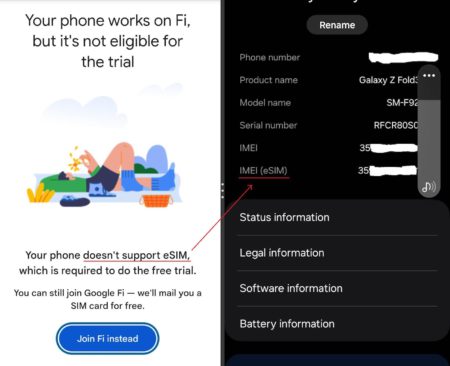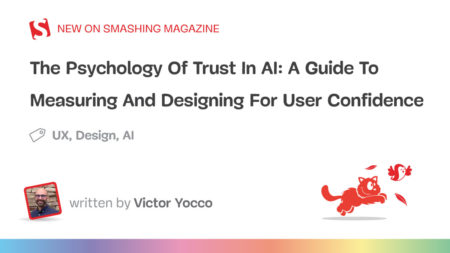It’s imperative that business leaders can enable their business to work at the speed that technology is moving. However, lengthy and cumbersome approval processes to adopt new tools can hinder an organization’s ability to keep pace, especially when they need to remain compliant with regulations and standards, such as FedRAMP and SOC-2.
With a three-stage developer experimentation framework, organizations can make it easier to evaluate new technologies, determine their fit and accelerate their adoption across the organization.
Stage One: Trial
The goal of the first stage involves exploratory testing to gauge how a development tool might benefit the organization. The primary objective is to identify concrete applications for the organization through hands-on experimentation.
During the trial stage, the tool should be used only by a small cohort of engineers while it’s still new, untested and unvetted. Additionally, the trial stage should be limited to a short period of time for initial testing of the tool to reduce risk and prevent extended use. This period should allow ample time for initial experimentation to determine the value of a tool and make a decision about whether to explore it in more detail.
Stage Two: Pilot
The pilot stage expands tool access to a broader group of developers to gather more feedback. By increasing usage across various development teams, the tool’s more tangible benefits can be evaluated to determine whether full-scale implementation across the product development organization is appropriate.
If an external vendor is being used and the tool is not publicly available on the internet for download or use without signup, a mutual non-disclosure agreement, or NDA, should be in place with the vendor before entering the pilot stage. This will help to ensure that any discussions held with the vendor remain confidential.
The pilot stage must not exceed four to six weeks to prevent the tool from being “unofficially” used by a large set of developers for extended periods of time. Teams can then gather sufficient feedback from a wide enough audience to make an accurate decision about whether the tool should proceed to the rollout stage.
Stage Three: Rollout
The final stage focuses on successful rollout.
The primary objectives include completing thorough legal and security assessments, and creating an effective deployment and enablement strategy to make the tool accessible across all engineering teams. Enablement is especially critical to help drive broader adoption. Without adoption, the deployment would be meaningless.
A security review of the tool and its intended uses must be conducted to ensure that the tool is safe to use. The security review must involve detailed analysis of all the information the tool will consume or access, which will help prevent developers from putting themselves or the organization under unnecessary risk. The tool will also need to undergo any procurement and new vendor onboarding processes the organization may have in place.
Additionally, success metrics should be created to evaluate if a tool actually achieves its goal, and should focus on the tool’s ability to satisfy the needs of the developers.
Streamlining Organization-Wide Tool Adoption
Technology is constantly changing, and organizations can’t afford to be left behind. Business leaders need to be confident that the tools that they’re implementing are sustainable and effective long-term.
Establishing an experimentation framework enables organizations to streamline their tool adoption process so they can keep up with emerging technology trends. By abandoning any tools that would get ruled out in the trial or pilot phase, they can avoid the risk of dedicating security, legal and procurement overhead to a tool that may ultimately show insufficient value.
The post Accelerate tool adoption with a developer experimentation framework appeared first on SD Times.
Source: Read MoreÂ

